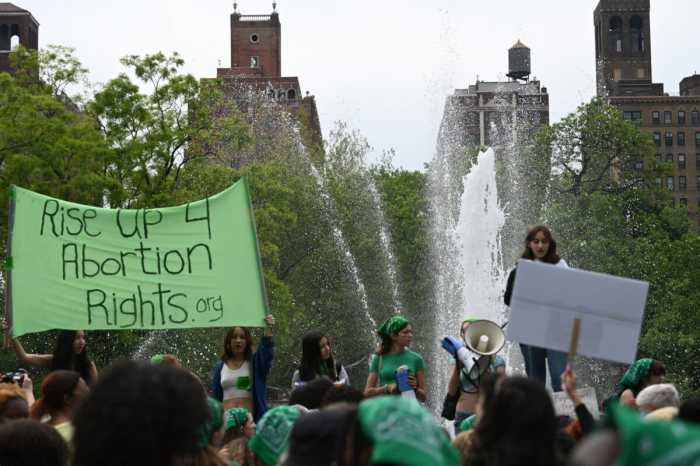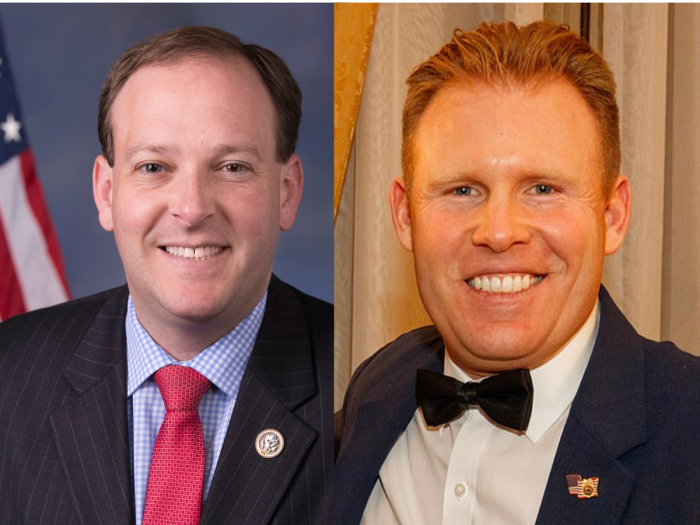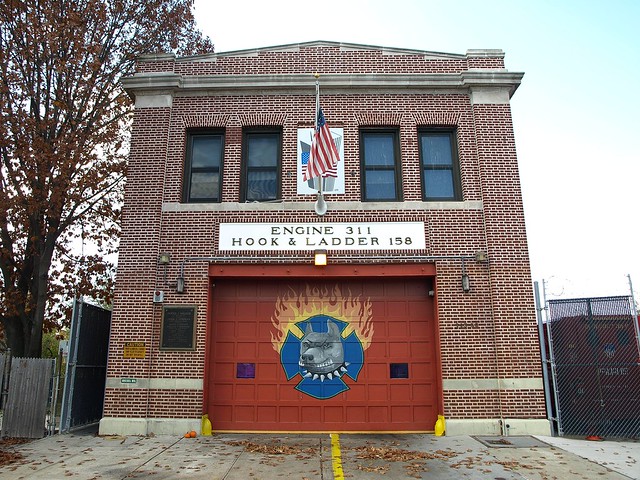Mayor Adams to turn on NYC speed cameras 24/7 on Aug. 1

Mayor Eric Adams and the city’s Department of Transportation (DOT) Commissioner Ydanis Rodriguez yesterday announced that New York City’s speed cameras will begin operating 24/7 on August 1, following a month-long public awareness campaign to prepare drivers and all New Yorkers for the change.
The city’s 2,000 automated speed cameras were previously authorized by the state to operate only on weekdays, between 6 a.m. and 10 p.m., missing the 59 percent of traffic fatalities that occurred when the cameras were previously required to be turned off.
A state law signed last week by Governor Kathy Hochul now allows the cameras to operate 24 hours a day, seven days a week. Speed cameras and automated traffic enforcement are proven, effective safety tools shown to reduce speeding by 72 percent.
“New Yorkers deserve to be safe on our streets 24 hours a day, seven days a week, and keeping our cameras on is a critical step in that direction,” said Adams. “Speed cameras work: They save lives, reduce speeding, and help protect New Yorkers all across the city. And we are expanding this proven program to ensure that New Yorkers have that protection at any time of any day.”
Starting today, DOT will launch a month-long messaging and outreach campaign to inform New Yorkers of the program’s expansion ahead of the August 1 implementation date. Digital and print materials will be available in 11 languages.
Lee resolution addresses excessive utility companies rate increases

City Council Member Linda Lee (D-Queens) saw the council yesterday discuss her resolution calling on the state legislature to amend Article 4 of the Public Service Law to prevent utility companies from implementing excessive rate increases on consumers.
“The average New Yorker is already fighting through the pandemic, inflation, gas prices, and supply chain shortages,” said Lee. “Our families and constituents should not have to worry about keeping the lights on and water running. Resolution 162 calls on the Public Service Commission to do what’s right, cap yearly increases on utility rates and stop companies from passing the bill for outdated and insufficient infrastructure onto their consumers.”
Specifically, Resolution 162 calls upon the state legislature to pass amendments to Article 4 of the Public Service Law to prevent utility companies from proposing excessive rate increases. This will require these companies to invest more of their own revenue to pay taxes or for public improvement projects, instead of passing these costs on to City residents through annual rate increases.
This bill is a component of a larger legislative package in the City Council aimed at addressing the rising costs of utility bills across
New York City Council Women’s Caucus Unveils Legislative Package on Abortion and Reproductive Health Care

City Council Speaker Adrienne Adams (D-Queens) and the city’s first women majority New York City Council yesterday unveiled a “NYC Abortion Rights Act” legislative package to safeguard abortion and advance reproductive health care in the City.
The package of laws seeks to protect women, trans, and gender non-conforming people’s access to safe abortion and reproductive healthcare in New York City, as states across the country begin to restrict access to services in response to the Supreme Court decision.
The Council also announced its support, through a resolution, for a state constitutional amendment to enshrine equal rights and protection against discrimination into the state’s constitution. The state constitutional amendment would expand protected classes to include ethnicity, national origin, disability or sex including pregnancy and pregnancy outcomes, sexual orientation, gender identity, and gender expression, and would protect an array of civil rights, including abortion.
The council’s proposed legislative package focuses on expanding reproductive health services across the five boroughs and protecting those seeking access to care. The bills include an expansion of language access for abortion care providers, prohibitions against abortion restrictions and interference, and increases to abortion and reproductive healthcare services. The legislative package codifies New York City’s role as a safe harbor for abortion care, protecting against attacks on reproductive health services.
The various bills in the legislative package will be heard in several different Council committees over the coming days, including the Civil and Human Rights Committee, the Consumer and Worker Protection Committee, the Health Committee, and the Women and Gender Equity Committee.
“The right to safe and legal abortion is a fundamental human right, and must be protected for all who seek reproductive healthcare, especially in the aftermath of the Supreme Court’s dangerous decision,” said Speaker Adams. “This package of Council legislation will help ensure the necessary protections and expanded resources to meet New Yorkers’ reproductive health needs and those of all who come to our city in need of access to care.”
Addabbo co-sponsored legislation extending tax exemption application deadline signed into law

Senator Joseph P. Addabbo, Jr. (D-Queens) announced yesterday that the legislation he co-sponsored extending the tax exemption application deadline on renovations to or reconstruction of residential properties affected by Superstorm Sandy was signed into law.
The new law extends the application deadline to March 1, 2024.
“Homeowners still struggling to rebuild a decade after Superstorm Sandy hit our coastal communities will get critical relief with this deadline extension as the pandemic added to repair delays and pricing increases for building materials,” Addabbo said. “This law, along with my work permit legislation (S.6258) signed into law in 2021, will significantly help constituents as they move forward and fully recover from the devastation of Hurricane Sandy,” added Addabbo.
These tax exemptions will only be allowed for reconstruction, alterations, or improvements necessitated due to damage caused by Superstorm Sandy, and reflected on a certificate of occupancy no later than March 1, 2024. Any aspect of a primary residence not in existence or not part of the primary residence before October 29, 2012, would not be eligible for the exemption.
This new law took effect immediately after being signed June 28.










